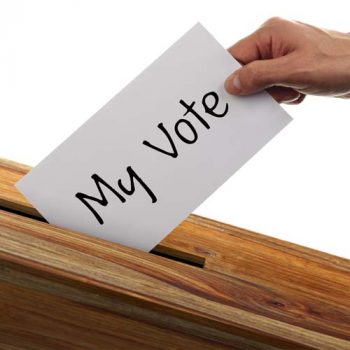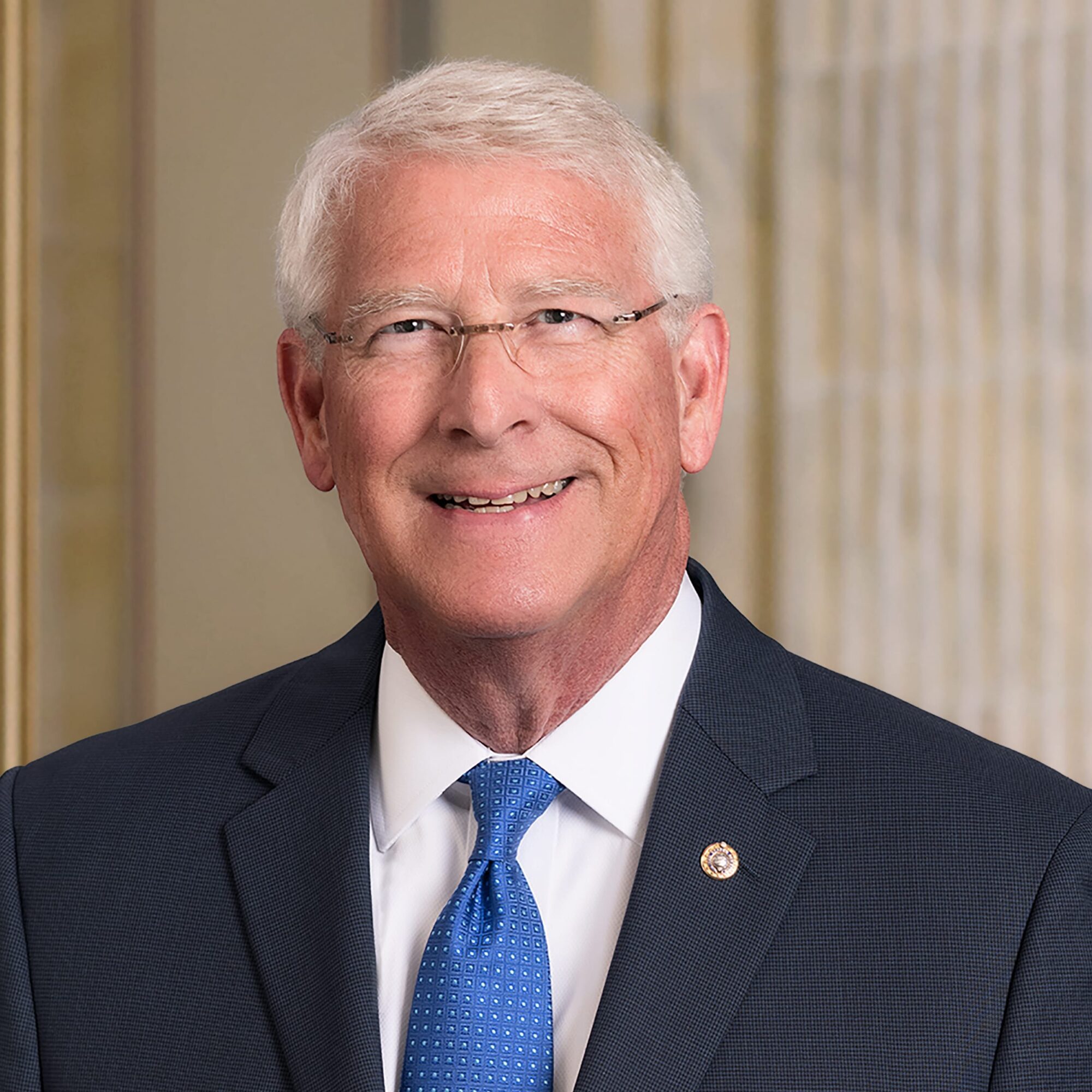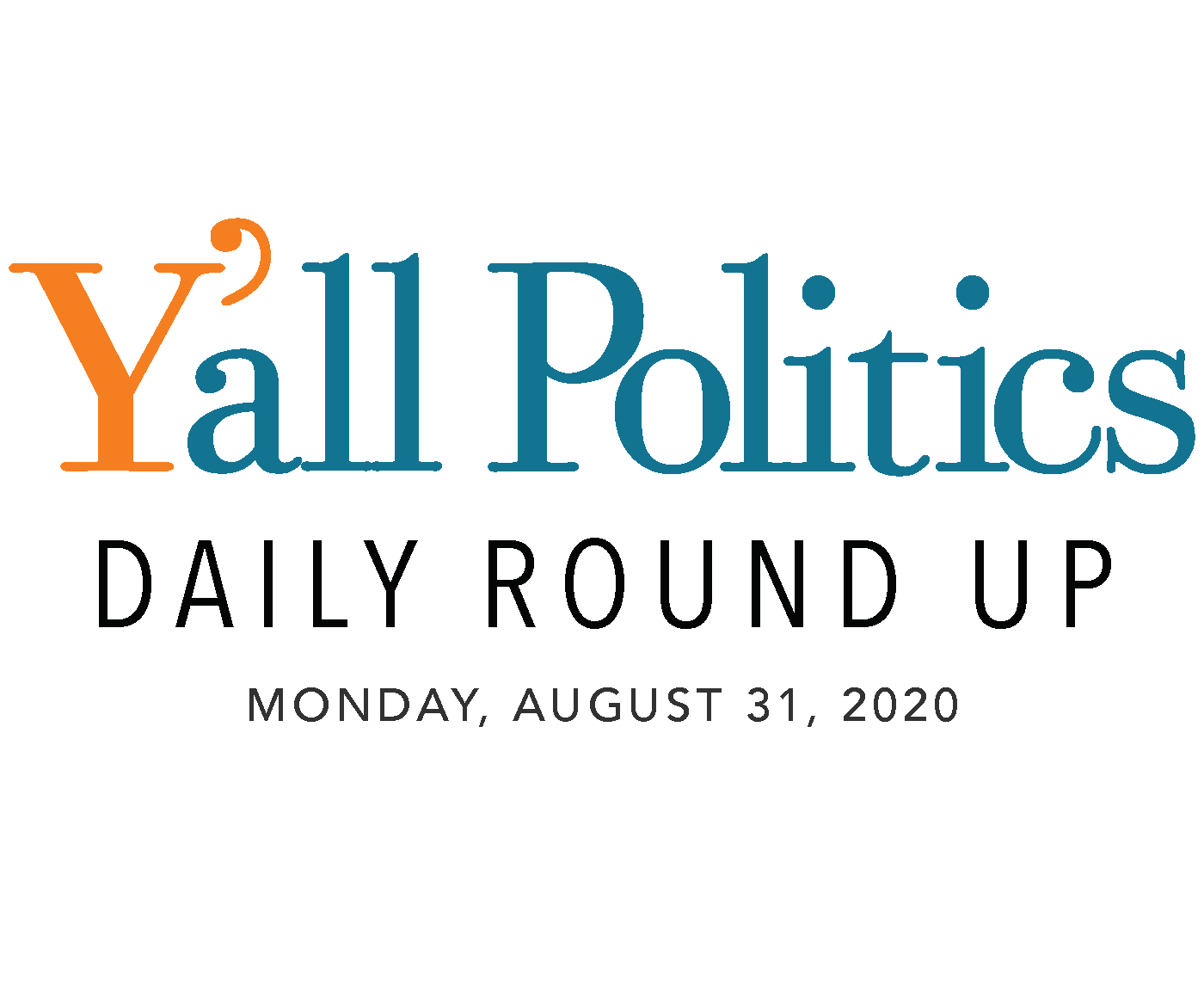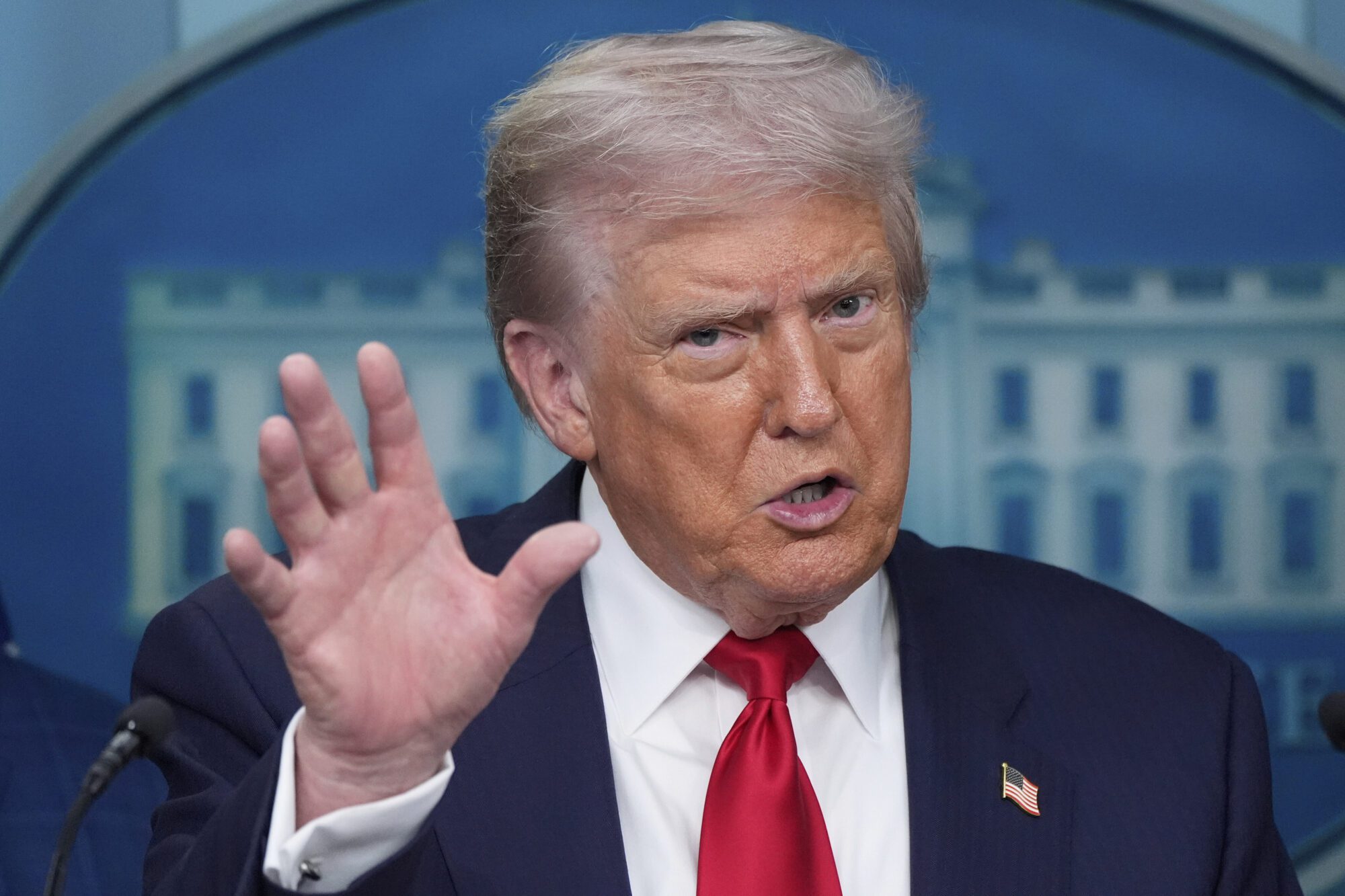
From the beginning of the pandemic, Democrats have used the public health concerns to invent the demand for no excuse mail-in voting in states like Mississippi where the traditional absentee voting system is alive and well.
Never mind that thousands have marched in close contact in street protests across the nation for months, while the vast majority of Americans still go to work, get their groceries in stores, stop by the Post Office and the bank, and go about their daily life while wearing a mask and adhering to basic health recommendations to maintain social distancing.
Mississippi Democrats have been strong advocates for the change. Their nominee for the U.S. Senate, Mike Espy, has championed the cause, along with Congressman Bennie Thompson (D – MS-02).
Republicans, on the other hand, have reiterated the lack of controls and potential for increased fraud if mail-in voting was expanded willy-nilly outside the legislative process. Mississippi Secretary of State Michael Watson (R) has said repeatedly that there simply is no way to make expanded mail-in voting happen in the state for the November General Election even if the Legislature sought to do so at this juncture.
The Mississippi Legislature amended the voting law this session to clarify that the “temporary physical disability” allowance for absentee voting would include voters who are “under a physician-imposed quarantine due to COVID-19 during the year 2020 or is caring for a dependent who is under a physician-imposed quarantine due to COVID-19.”
Yet, despite the facts at hand, a lawsuit was filed in federal court on Thursday against Secretary Watson and Attorney General Lynn Fitch (R) challenging the constitutionality of Mississippi’s absentee ballot requirements, including the state’s Excuse Requirement, Notarization Requirement, and Cure Prohibition.
Read the full complaint here.
And predictably, the mainstream media in Mississippi have dutifully tripped over itself to repeat the talking points from the plaintiffs without the slightest bit of critical review over the people behind the lawsuit or the fact patterns they allege.
The lawsuit is seeking preliminary and permanent injunctions to the Excuse and Notarization absentee ballot requirements ahead of the November elections, as well as an effective notice and cure process when election judges believe there is an inconsistency with a voter’s signature.
The plaintiffs in the case are Cynthia Parham of Oxford, Jed Oppenheim of Jackson, Cheryl Goggin of Hattiesburg, the Mississippi League of Women Voters, and the Mississippi NAACP.
Parham, 61, runs the Parham Allstate Insurance Agency. The complaint says she “only leaves her home for necessary errands and for work, where she only interacts with one employee and a small number of clients. When Ms. Parham shops for groceries, she always wears a mask and stays six feet away from others.” As a side note, Parham ran for Lafayette County Supervisor in 2019 as a Democrat, losing in a crowded primary.
She runs a business, meets with clients, and shops for groceries.
Oppenheim, 40, is a Program Officer at the W.K. Kellogg Foundation. He previously worked as a Community Advocate for the Southern Poverty Law Center, a left-leaning organization routinely engaged in civil rights and social justice litigation. The complaint says Oppeneheim “limits his outside activity and avoids contact with anyone outside his family unit. When he must leave the house for necessary errands or appointments, he always wears a mask and gloves.” It notes that he takes groceries to his mother-in-law and takes his son to childcare.
He, too, admittedly in the complaint runs errands, shops for groceries, and takes his son to childcare, and does not report any ill-effect from doing so.
Goggin, 72, is a retired art professor from the University of Southern Mississippi. The complaint says she “stays at home except to run necessary errands and always complies with social distancing guidelines when she must go out.” It says she is a member of the Pine Belt chapter of the League of Women Voters of Mississippi.
All three plaintiffs speak of health concerns, either for themselves or their family members, and all three state they are taking their own precautions during the pandemic. Yet, all three clearly seem to be functioning in society but now represent that going to vote in-person in a space with far less people than any grocery store in the state at any given time imputes some newfound risk for their health.
It is well known that both the League of Women Voters and the NAACP tend to support left-leaning causes, backing Democrats’ political and social positions as outspoken advocates. It is no surprise these two entities are participating in this lawsuit.
It is also not surprising that the Lawyers’ Committee for Civil Rights Under Law, the Southern Poverty Law Center, and Dechert LLP are representing the plaintiffs. All are routinely involved in such political lawsuits related to Democrat-backed causes.
According to the complaint, the application of Mississippi’s temporary or permanent physical disability excuse burdens the fundamental right to vote.
“This pandemic has disproportionately destroyed the hopes, dreams, and livelihoods of the most vulnerable groups in our country—communities of color, seniors, people with disabilities, and the income-sensitive. We cannot allow them to take another blow in the suppression of their voting rights,” said Dr. Deborah Turner, president of the board of directors of the League of Women Voters of the United States. “States like Mississippi must make the necessary changes to protect their voters and their constitutional right to vote.”
The NAACP takes the angle that the state’s voting laws have an adverse effect on the black community casting their vote. One of the plaintiffs, Parham, is black.
“Mississippi has the largest percentage of Black residents in the country, and Mississippi advocates have led the fight for equality in voting rights,” said Rev. Robert James, President of the Mississippi State Conference of the NAACP. “We join this effort to ensure that Mississippi’s election officials do their part to protect every voters’ right to vote without fear for their health or safety.”
Much like the ill-fated lawsuit filed by former Attorney General Eric Holder in 2019 which sought to have the courts change the rules of the Mississippi election essentially in the middle of the election last year, this seems to be not much more than a thinly veiled ruse to remove any sort of accountability to longstanding and accepted voting policies and procedures outside the legislative process.
Clearly, there’s a universe of people that are not able to go vote due to COVID. Accommodations should be made and have been made to deal with that limited circumstance. But these plaintiffs don’t appear to be in that group.
Voting is important. Most people would even consider it a “necessary errand” on Election Day.
If someone can shop for groceries using basic precautions, why can’t they go vote doing the same – in-person with a mask and using social distancing with a modicum of common sense, at a precinct, on Election Day?











